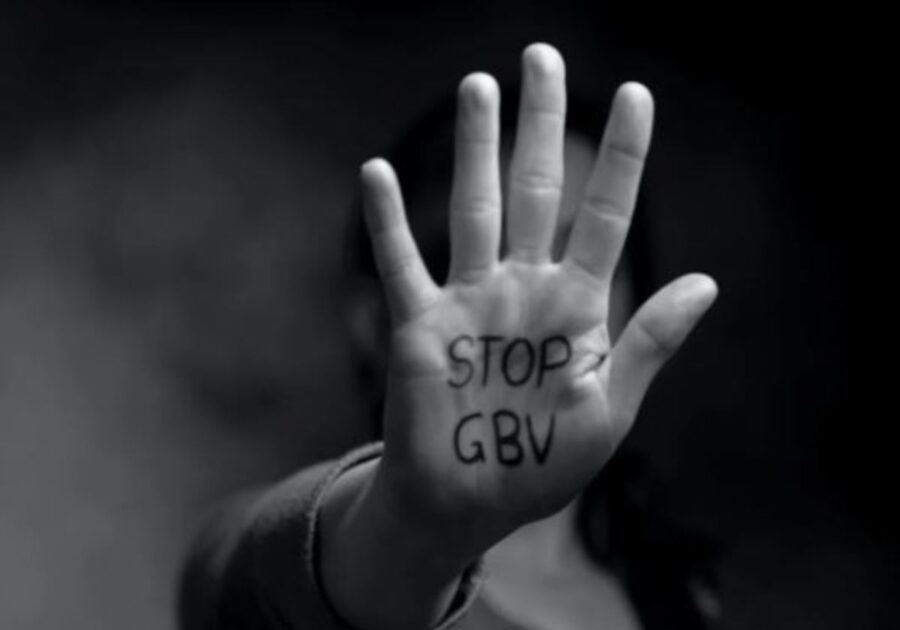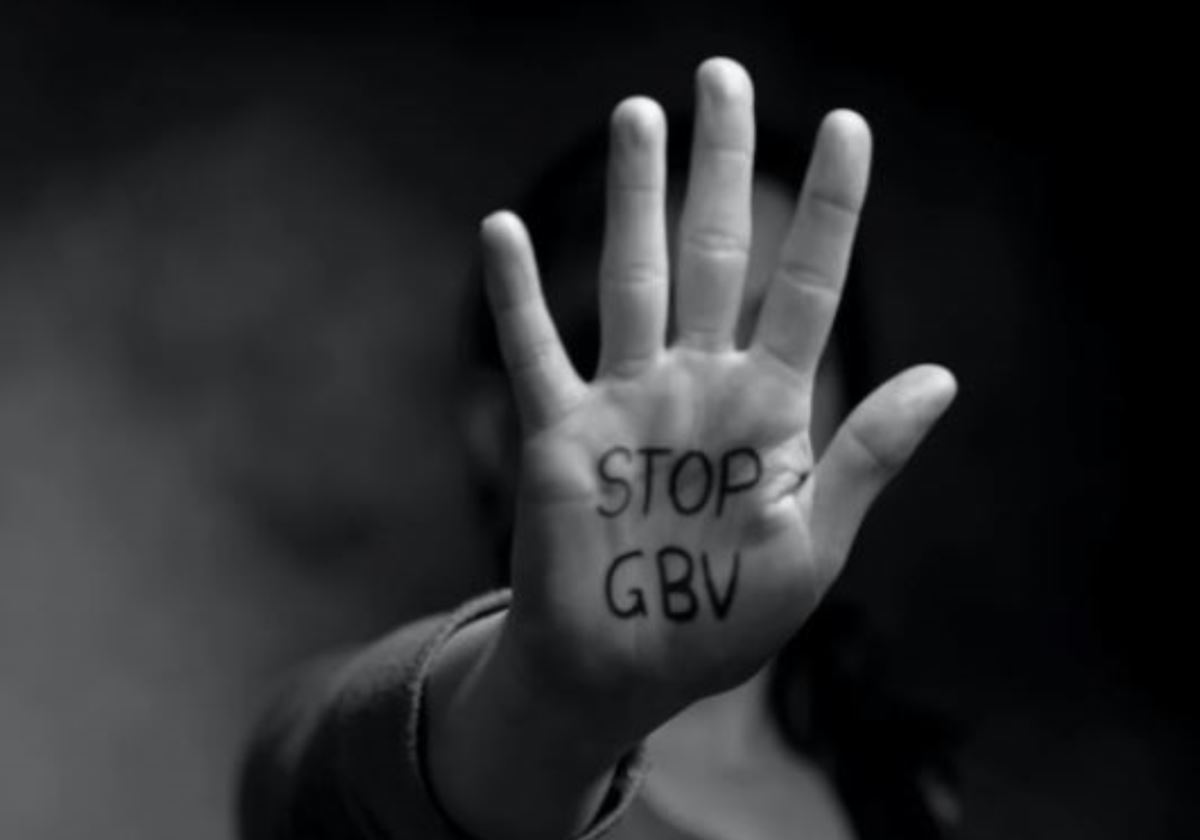
Boys and men crucial in the fight against GBVF
Ending gender-based violence in our communities is a responsibility of the whole community however men and boys need to be active participants and promoters of change and challenge the social norms and attitudes that cause and perpetuate violence.

South Africa’s men and boys are a crucial part of combatting the scourge of violence against women and girls.
President Cyril Ramaphosa said this in his address at the Presidential Young Men and Boys Indaba on Tuesday.
“As young men, you may be tired of being told you are a problem. You want your dignity respected and upheld. You want your good qualities to be recognised. We are here to tell you that we see you as not the problem, but as the solution. It is in your hands to bring about a new generation of South African men,” the President said.
At the session held at Maponya Mall in Soweto, learners who took part in the indaba were given a chance to ask the President questions which led to a fruitful engagement.
“From what I have heard today, I am more confident than ever that the boys and men of this country are an essential part of our struggle to end all forms of violence against women in our society.
“Your views, thoughts and ideas have enriched our understanding of the challenges young men face and how you are taking responsibility for yourselves and your society,” the President said.
In his address, the President said that “because it is men who are responsible for this scourge [violence against women and girls], men need to be part of bringing it to an end”.
“This young men’s dialogue is very important. To end gender-based violence, we must focus on prevention. We must stop this violence before it even happens.”
The President emphasised that there must be an open and honest conversation about what contributes to violence against women and girls.
Toxic masculinity
He strongly advised boys and men to talk about patriarchal attitudes and practices. Men were also urged to challenge toxic masculinity, which is the idea that being a man means one must dominate and demean women.
The conversation must include the influence of culture and media depictions of men and women.
Raising good men
“What about the Boys?” brings together government, the private sector, academia, civil society, the media and other stakeholders in a collaboration towards raising a nation of good men.
“What About The Boys?” is a gender-based violence and femicide(GBVF) prevention initiative to raise a nation of good men and is an outcome of a 2022 social compact, led by youth organisations and stakeholders in the public and private sectors.
“We have just seen the video and listened to the voices of participants, and it is clear that this programme continues to be well-received and has had a positive impact.
“We are correct to ask the question, “What about the Boys?”, because young men and boys must not be left behind.”
In addition, he emphasised that boys must be part of the journey towards a South Africa free of gender-based violence. They must be encouraged and supported to be change-makers in society.
He told the indaba that it is not easy to be a boy or a man in today’s era.
He highlighted that men and boys face a lot of pressure in in their peer groups, their families, in relationships, with friends, at school and places of higher learning and in society as a whole.
In South Africa today he said, young black men are most vulnerable to violence.
“As young men, you are vulnerable too. You also experience depression, loneliness, and frustration. These can sometimes manifest in aggressive behaviour, especially towards women and girls, problematic relationships, and violence. We must talk.”
He said the new generation of men are respectful, masculine in a positive way and sensitive.
“They would never think of a woman as less than a man. They would never think about raising their hand against a woman.”
Safe spaces
The first citizen said the dialogue was convened because government recognises that it must engage men and boys separately from women and girls.
This as government wants to create more safe and open spaces where boys can talk about their feelings, share with each other and collaborate on strategies that help them advance through different stages of their lives.
ALSO READ: Kabela Chabalala: Empowering boys to end gender-based violence
He emphasised that the focus of the programme is to reimagine and reinvent masculinities in sensitive, kind, respectful, accountable, expressive and nurturing ways.
“It is about working with young men and boys through theatres of learning to influence how they view themselves and the kinds of men that they grow into.
“As government, civil society, business and social partners we are committed to supporting you in your journey to becoming better men,” he said.
The President extended his gratitude to the Department of Basic Education, Primestars, SterKinekor and all the partners of the programme for taking the initiative to design such a positive and uplifting programme, and for their commitment to being part of change.
